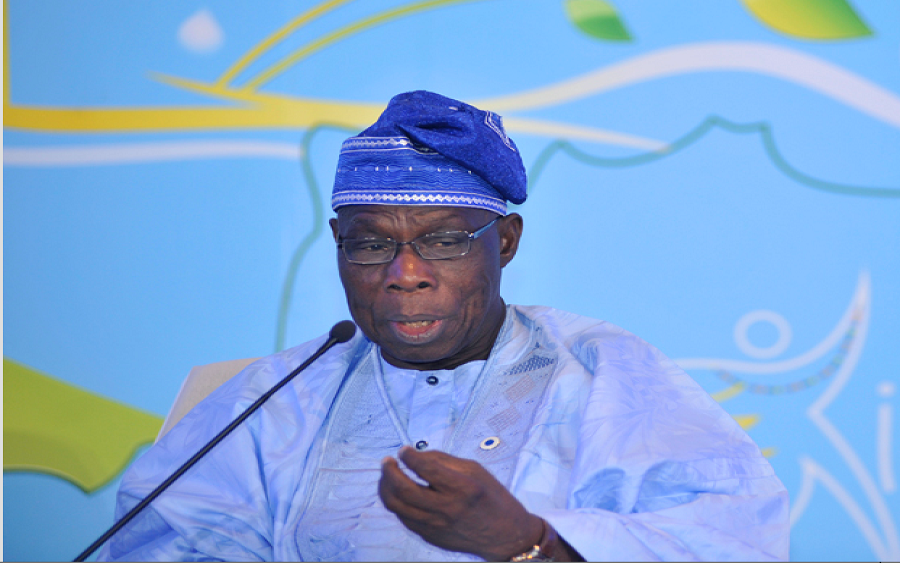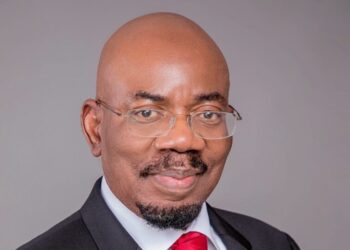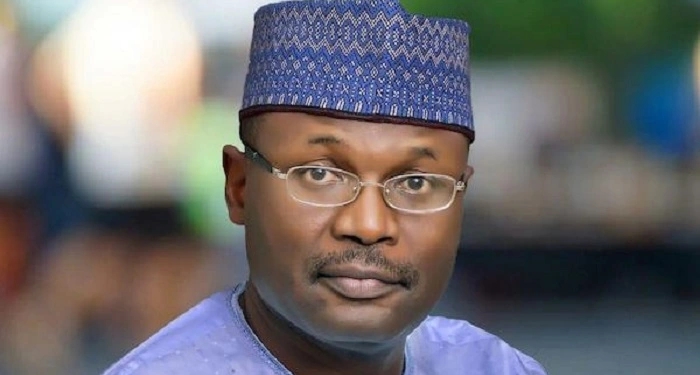Former President Olusegun Obasanjo has said the inability of many African leaders to grasp basic economic principles continues to hold the continent back from meaningful development, warning that the pattern of mismanagement and dependence on aid is unsustainable.
Speaking on Thursday at the 32nd Afreximbank Annual Meetings in Abuja, Obasanjo said Africa’s economic stagnation stems largely from poor leadership and a tendency to copy Western models without context or adaptation.
He made these comments during a panel session themed “African Renaissance in an Era of Turbulence: Are the Lions Still on the Move?”, moderated by CNBC Africa’s Senior Anchor, Ms Fifi Peters.
“How many of our leaders even understand basic economics to be able to run the affairs of their country?” Obasanjo asked. “Look at how we go about borrowing money and wasting money. Waste and corruption—they are strange bedfellows of development. And that is what most of our leaders engage in.”
The continent remains stagnant
Obasanjo pointed to Nigeria, Egypt, Ethiopia, the Democratic Republic of Congo, and South Africa as key nations with the capacity to drive Africa’s growth, what he described as the continent’s “lions.” He included Kenya, Senegal, and Morocco as rising players but said most of these countries are failing to deliver.
“The lions are there. They are not moving as they should be moving. And they have to move as they should move before you get Africa really as a continent moving as we expect it to move,” he said.
He attributed this inertia to a combination of weak political systems and institutional decay. “You cannot talk of economics without touching on politics because politics is the master of economics,” he said.
He criticised the wholesale adoption of Western-style liberal democracy, saying it does not align with Africa’s traditional governance systems. “Western liberal democracy, which we inherited from our colonial masters, needs to be internalised and interrogated,” he said. “In most African languages, opposition is the enemy. Where do you talk of a loyal enemy?”
He argued that what Africa currently practices is not democracy, but “monitocracy.” According to him, “Our democracy is monitocracy. Not democracy. Monitocracy. Which means you buy… You will buy for everybody. And you will be the treasurer. And then you will… and the money that comes in will, of course, go into your pocket.”
Time to ditch aid and adopt African solutions
Obasanjo also criticised Africa’s dependence on foreign aid, questioning why countries with abundant resources and human capital continue to rely on external support.
“We have lived too long on aid. Is aid the way that Africa should be expecting? I don’t believe so,” he said.
“We run to Japan. We run to China. And all the African leaders run to China. For how much? China will give up $20bn. $20bn, which a country in Africa can produce more like that.”
He cited Ethiopia’s post-war wheat exports to Kenya and other neighbours as an example of what is possible when African countries focus on solutions that work. He also commended Afreximbank’s initiative to facilitate intra-African trade using local currencies.
“For what reason do I have to look for euro or dollar when I’m buying milk in Uganda?” he asked. “The milk producer in Uganda doesn’t want my euro, he doesn’t want euro or dollar. He wants Uganda and Chile. But why can’t we pay him in Uganda and Chile? I have my own Naira, and then I’m paying Naira.”
Obasanjo concluded by urging African countries to deepen regional collaboration and pursue reforms that would enable stronger nations to lead the continent’s collective advancement.






















